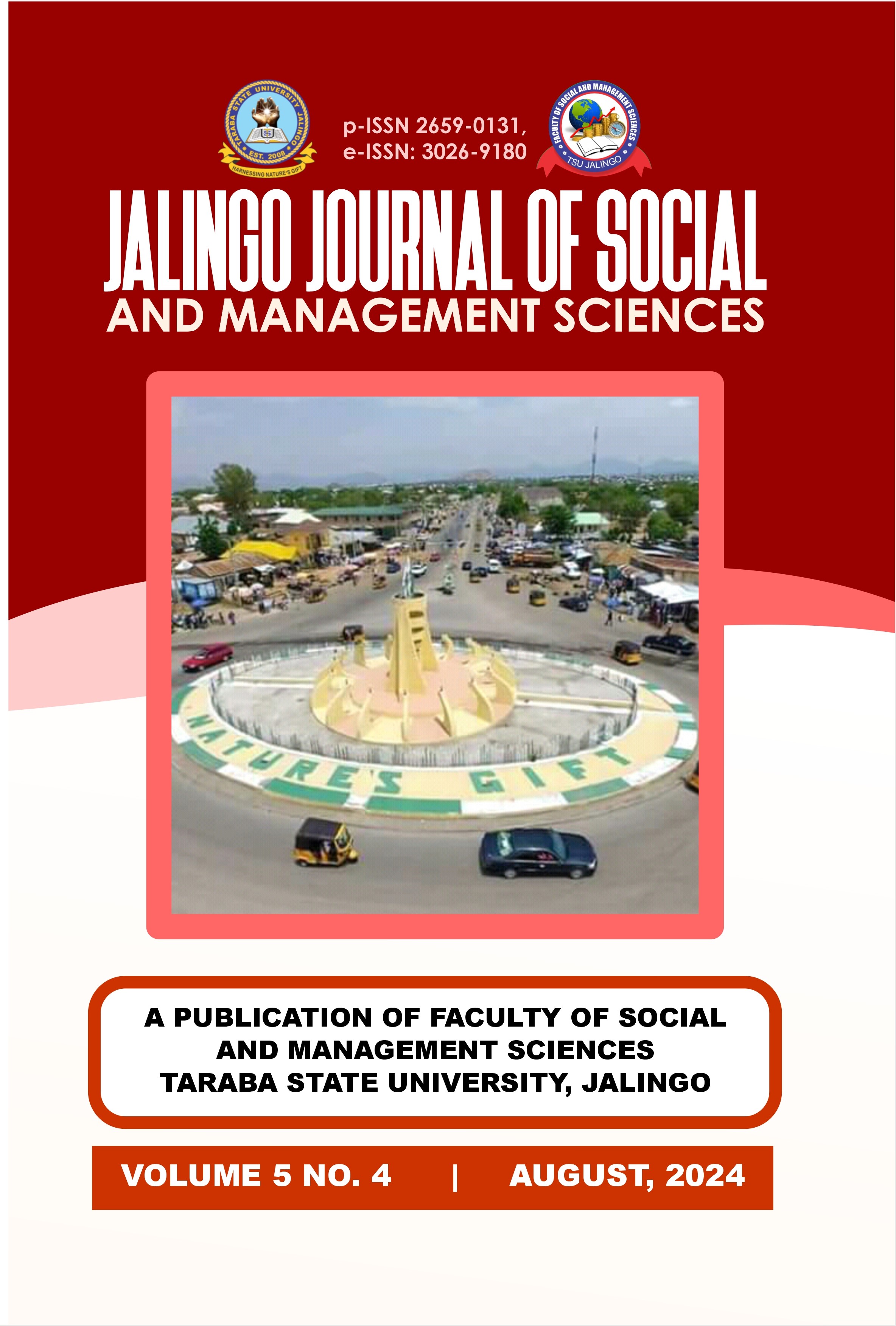Managing Inconclusive Elections in the Democratic Society: A Comparative Analysis of 2018 Karnataka (India) State and the 2015 Kogi (Nigeria) State Elections
Keywords:
Democracy, Inconclusive Election, Electoral Law, Electoral System, Karnataka and Kogi IntroductioAbstract
Inconclusive election mostly occurs in the parliamentary democracies where an election produces a hung parliament. It may also occur where a country’s Electoral Statutes penalize violence by ordering a supplementary election in all booths affected or where an untoward challenge un-envisaged by the laws manifest during an election. In the India State of Karnataka, during the 2018 election, three political parties (the Congress, Bhartiya Janata (BJP) and Janata Dal (JD(S), produced three different Chief Ministers (M. Siddaramaih, (Congress), B.S. Yeddyurappa (BJP) and H.D. Kumaraswamy (BSY) respectively in one week. The study adopted a historical approach to political research and used secondary sources of information to defined the election in 91 polling booths. The findings of the study reveal that pre-poll coalition of congress JD(S) ideally should be invited to form the government. But the governor
of the state, an appointee of the BJP at the center invited the BJP as against the coalition of parties with a simple majority of seals to form a government. The predisposing reason for the inconclusiveness of the 2015 Kogi governorship election in Nigeria was violence that resulted into the cancellation of some polling booths and sudden death of the leading All Progressive Party (APC) before the announcement of results. The study concludes that lack of comprehensive electoral laws amongst others were the major problems of the inconclusive elections in the country. The work recommends the entire over hauling of the electoral processes in the two countries.

Downloads
Published
Issue
Section
License
Copyright (c) 2024 JALINGO JOURNAL OF SOCIAL AND MANAGEMENT SCIENCES

This work is licensed under a Creative Commons Attribution-NonCommercial 4.0 International License.
